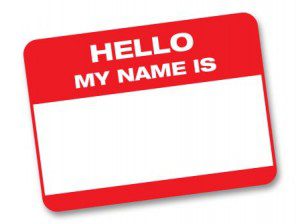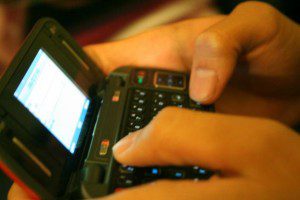 I wrote here yesterday about how diagnostic dreams may give us a richer and less daunting vocabulary than the standard jargon of doctors’ offices.
I wrote here yesterday about how diagnostic dreams may give us a richer and less daunting vocabulary than the standard jargon of doctors’ offices.
Dreams give us the power of naming, and this brings further gifts. Dreams help us to express what we may otherwise find it all but impossible to express. Such dreams offer release from a condition called alexithymia (literally “without words for feelings”) that is probably at the root of many psychosomatic disorders. Alexithymia is the condition in which strong feelings are experienced, but are not expressed or translated into speech. The bottled-up feelings may produce physical disorders such as asthma, migraines, ulcers and rheumatoid arthritis. Sharing dreams gives us a safe way to name the things that need to be named.
When we can get doctors to listen to our dreams, they stamp us as individuals and assist the physician to recognize that he is dealing with a whole person, not just a set of symptoms. The dreams of physicians – if they will listen – can coach them in the importance of recognizing the person before them.
A physician I know told me dreamed that a patient he had not seen in more than a year called for an emergency appointment. Someone told him in the dream that he had been mispronouncing the man’s name. He was calling his patient “Mister Kees” when his surname should actually be pronounced the Dutch way – “Kays”.
Coached by his dream, the doctor was not altogether surprised when Mr Kees called the next day for an emergency consultation. He remembered to check with his patient on how he wanted to be named – and discovered that “Kays” was indeed the correct and preferred pronunciation. The patient was glad to be treated as an individual, whose name mattered, and this laid the foundation for successful treatment.

